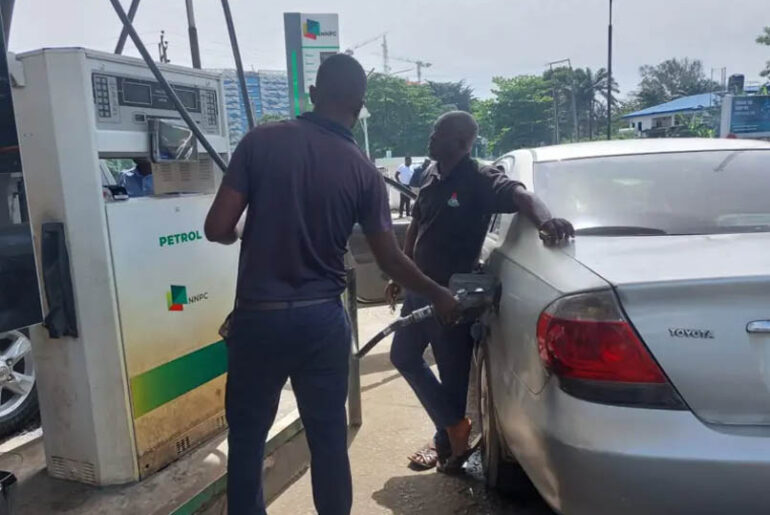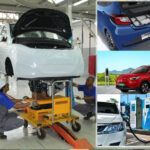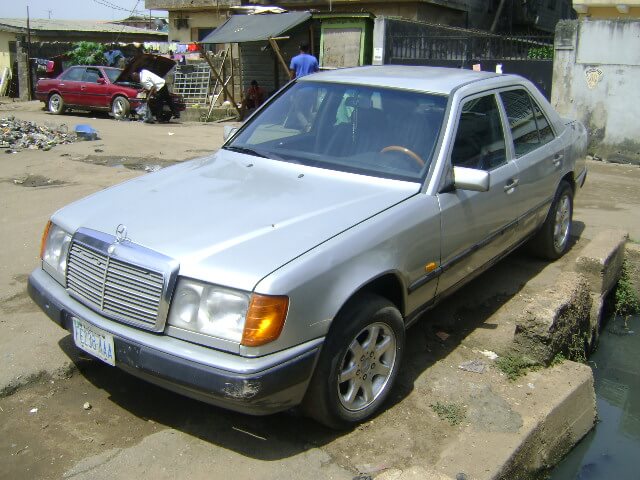In Nigeria today, something that we all agree with is that the price of fuel is outrageous. In the last couple of months, we’ve seen fuel suddenly and rapidly increase in price. It would be terrible to buy fuel for a costly amount and have a car that would use this fuel up in no time. Having a car with bad fuel efficiency isn’t funny in times like this when fuel is very pricey. What do you do when your car is consuming too much fuel? In this article, we will look at some of the reasons why your car could be consuming so much fuel and give tips on how to get better fuel efficiency for your car.
Table of Contents
- Old or Bad Quality Engine Oil
If you notice your car is consuming too much fuel, then check; it could be as a result of your engine oil. When getting engine oil, keep in mind that you have to get a good visceral grade of engine oil. Using bad engine oil for your car would lead to greater fuel consumption. This is because the piston and other moveable parts of your engine would move less freely if the engine oil was bad, putting too much stress and pressure on the engine, and leading to high fuel consumption. Also, if your engine oil is bad or old, its effectiveness would also be bad. If you notice that your engine oil is too thick and brown, change it.
- Faulty Engine
When your engine is faulty, it can greatly increase your fuel consumption. Most times you notice this when your car jerks or misfires. A faulty engine can result from failure to replace spark plugs, clogged fuel injectors, bad ignition coils, or plug leads (coil wires). Fixing your engine or getting a good one can easily resolve this issue. When your car’s engine is not properly tuned or hasn’t been serviced, it would make it use more fuel than it should.
- Dirty or clogged-up air filter
During maintenance, the most ignored routine maintenance is the change of the air filters. Dirty or clogged-up air filters can increase fuel usage by a substantial amount. The air filter would definitely get clogged over time with either lint or other dirt particles and when it does, it becomes difficult for air to reach the combustion chamber. You should always change your air filter after two oil changes. A dirty or clogged air filter increases fuel consumption.
- Low tyre pressure
When your tyres are not properly inflated, it would automatically require more fuel to move your car. Always inflate your tyre to the recommended tyre pressure. Before using your car, ensure to check that the tyre is properly inflated. You can do this by using a fuel gauge. Note that overinflated tyres are also detrimental to your fuel consumption. It reduced the contact area and thereby reduced efficiency, causing rapid wear from the centre of the tyres. Old tyres also affect your fuel consumption because they lose their traction on the road and they have to spin more to maintain a certain speed.
- Faulty oxygen sensor
A faulty oxygen sensor can also affect your fuel consumption, as the value it is supposed to transmit to the ECU for fuel efficiency is either wrong or not transmitted, which leads to higher fuel consumption. Note that typically, four automotive components can be connected to fuel consumption: an oxygen sensor, gasoline injectors, air filters, and spark plugs. When any of these components are not in good condition, you tend to use more fuel.
- Air conditioning
When it’s hot, using your car’s air conditioner feels good, but it consumes more fuel. To save fuel, roll down your windows if the weather is nice. The AC adds strain to your car, so sometimes it’s better to go without it. However, on long trips at high speeds (over 100 km/h), keeping the windows up and using the AC can reduce air drag and save fuel.
10 tips to help you minimize your fuel consumption
- Maintain the recommended tyre pressure, and an underinflated or overinflated tyre can increase your fuel consumption.
- Prioritize steady driving and smooth acceleration. Avoid unnecessary speeding, braking, and rapid acceleration.
- Every extra 50 kg your car puts on increases fuel consumption by 2%, so lighten your load and remove unnecessary weight from your car.
- Always service and carry out routine maintenance for your car, as this is pivotal for increasing fuel efficiency.
- Minimize idling time. When your car is stationary and your engine is working, it reduces your fuel efficiency.
- Avoid bad or low-quality engine oil. It spoils the engine of your car. Good quality and recommended engine oil. Also, change old and brown engine oil frequently.
- Tune and service faulty engines. If the need arises, change faulty engines.
- Use cruise control. Using cruise control under appropriate conditions can improve fuel economy by up to 14%.
- Replace the faulty air filter. An air filter prevents contaminants like dust, dirt, and insects from entering the engine. By allowing only clean, particle-free air to pass through, the air filter ensures smooth engine operation. A dirty air filter decreases fuel efficiency.
- On days when the weather is cool and there’s no dust, you could drive without AC, but during long trips, when driving about 100 km/hr, using AC saves fuel.
Conclusion
Following all these tips would help you save more fuel with your car. If it still doesn’t work, then you should consider getting a hybrid car.
Have 1 million naira and above to Buy or Sell Cars In Nigeria? Check carlots.ng
All rights reserved. Reproduction, publication, broadcasting, rewriting, or redistribution of this material and other digital content on carmart.ng is strictly prohibited without prior express written permission from Carmart Nigeria - Contact: [email protected]







